Magnetic tape is going strong in the age of AI, and it's about to get even better – new design materials and capacity boosts mean it's still an enterprise favorite
It might date back to the 1950s, but Magnetic tape storage is still relevant in 2025

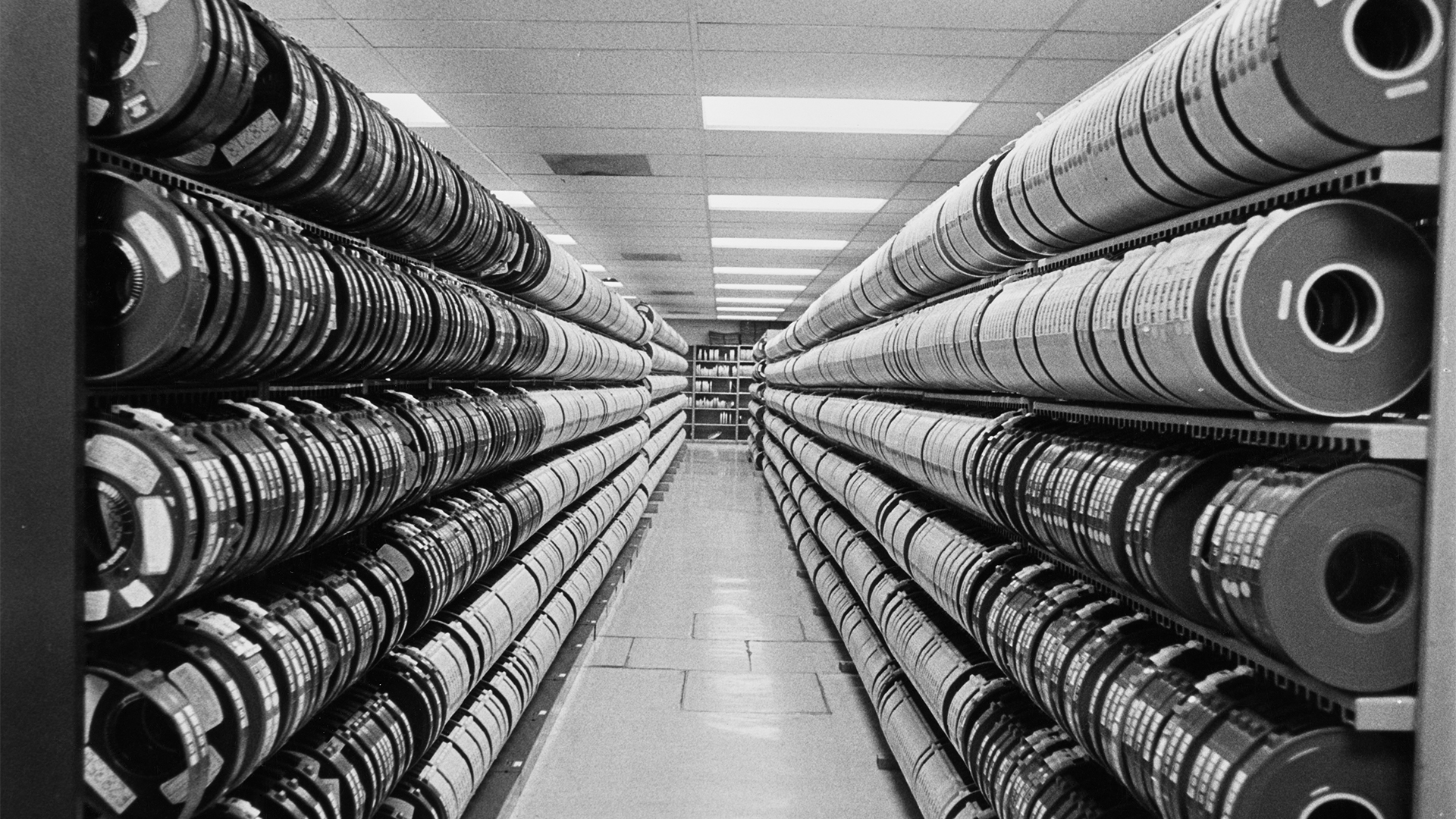
Sign up today and you will receive a free copy of our Future Focus 2025 report - the leading guidance on AI, cybersecurity and other IT challenges as per 700+ senior executives
You are now subscribed
Your newsletter sign-up was successful
Magnetic tape storage might seem like a relic of a bygone era, but it’s still going strong in 2025 – and new upgrades mean it’s set to get even better.
The LTO Program, a joint initiative between IBM, Quantum Corp, and HPE, has unveiled a new generation of LTO Ultrium data cartridges offering enterprises up to 40 TB of native capacity - marking a significant improvement on previous generations.
The launch of the new range comes in direct response to surging AI-related data storage demands, with the capacity boost underpinned by “Aramid”, a new base film material which offers longer tape lengths.
“Aramid permits the manufacture of significantly thinner and smoother media, enabling longer tape lengths in a standard LTO Ultrium cartridge form factor,” the organization noted in a statement.
“This material innovation provides an extra 10 TB of native capacity than the currently available 30 TB LTO-10 cartridge, which is manufactured using different materials.”
Stephen Bacon, VP for data protection solutions product management at HPE, said the new cartridges are aimed at enterprises spanning an array of industries dealing with high data volumes, from manufacturing to financial services.
“AI has turned archives into strategic assets,” Bacon commented.
Sign up today and you will receive a free copy of our Future Focus 2025 report - the leading guidance on AI, cybersecurity and other IT challenges as per 700+ senior executives
“The new 40 TB LTO-10 cartridge will help enterprise-class organizations – across healthcare, financial services, media, research, manufacturing, the public sector and beyond – consolidate petabytes efficiently, strengthen cyber resiliency with true offline air-gapping, and keep long-term retention affordable and sustainable.”
The magnetic tape renaissance
Magnetic tape storage has been going through something of a renaissance in recent years, and the advent of generative AI in late 2022 has played a key factor in this revival.
Indeed, figures published by the LTO Program in early 2024 showed a whopping 152.9 exabytes of total (compressed) tape capacity was shipped in 2023. That record was broken in July this year, with 176.5 exabytes shipped.
This marked the fourth consecutive year of growth for tape storage, underlining its continued popularity.
Tape storage has a number of distinct advantages, including low cost, durability, and easy portability. According to previous analysis from the LTO Program, companies using tape recorded an 86% lower total cost of ownership (TCO) compared to disk storage.
TCO compared to cloud storage was also 66% lower across a 10 year period, figures showed.
Notably, the use of tape for unstructured data storage also adds to the appeal, with this now vital in the training process for large language models (LLMs).
Tape is only going to get better
Long-term, tape storage is only going to improve, at least if the LTO Program’s roadmap is to be believed.
Through generations 11 through to 14, enterprises can expect to see significant capacity gains, eventually peaking with a 913 TB cartridge.
“The new capacity points will prioritize reliability and compelling value in terms of cost per terabyte, and ensure everyday LTO Ultrium tape solutions will remain a practical and affordable storage choice for every type of business or workload,” the LTO Program noted.
“Meanwhile, the new maximum capacity of 913 TB for LTO-14 will reduce the time needed to store and recover data, while preserving exabyte-scale growth paths for tape libraries.”
Make sure to follow ITPro on Google News to keep tabs on all our latest news, analysis, and reviews.
MORE FROM ITPRO
- Our top picks for the best cloud file sharing services
- Looking for the best cloud storage for your business? Look no further
- Our top picks for the best cloud storage services in 2025

Ross Kelly is ITPro's News & Analysis Editor, responsible for leading the brand's news output and in-depth reporting on the latest stories from across the business technology landscape. Ross was previously a Staff Writer, during which time he developed a keen interest in cyber security, business leadership, and emerging technologies.
He graduated from Edinburgh Napier University in 2016 with a BA (Hons) in Journalism, and joined ITPro in 2022 after four years working in technology conference research.
For news pitches, you can contact Ross at ross.kelly@futurenet.com, or on Twitter and LinkedIn.
-
 Hackers are pouncing on enterprise weak spots as AI expands attack surfaces
Hackers are pouncing on enterprise weak spots as AI expands attack surfacesNews Potent new malware strains, faster attack times, and the rise of shadow AI are causing havoc
-
 Boards are pushing for faster returns on AI investments, and tech leaders can't keep pace
Boards are pushing for faster returns on AI investments, and tech leaders can't keep paceNews AI projects are now being held to the same standards as any other business investment
-
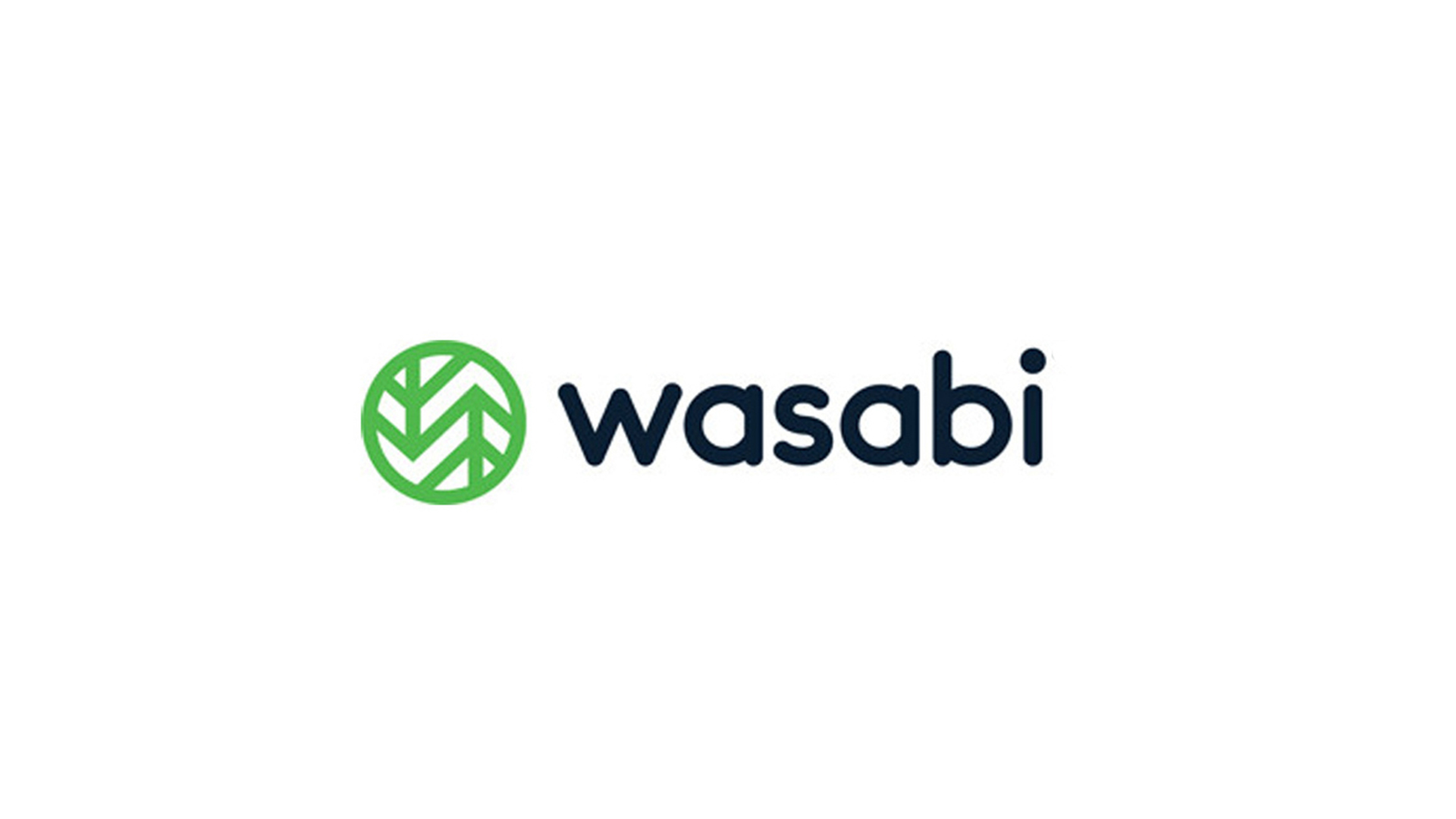 Wasabi has big plans for its EMEA partner program in 2026
Wasabi has big plans for its EMEA partner program in 2026News The cloud storage vendor’s new-look channel initiative includes a new Systems Integrator program
-
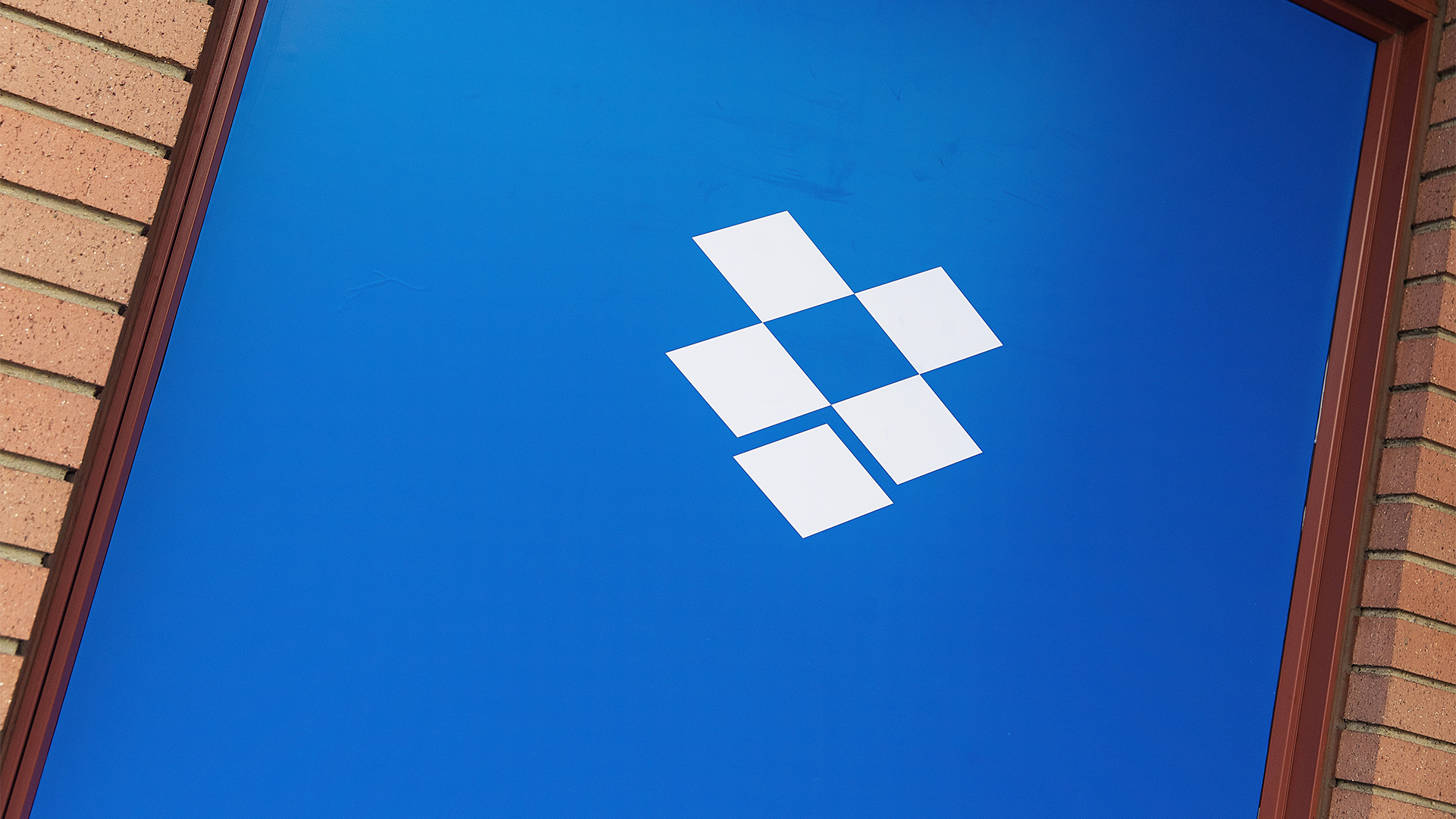 Dropbox is adding a range of handy new AI features – here’s what users can expect
Dropbox is adding a range of handy new AI features – here’s what users can expectNews Long-awaited features from Dash AI will be integrated within Dropbox
-
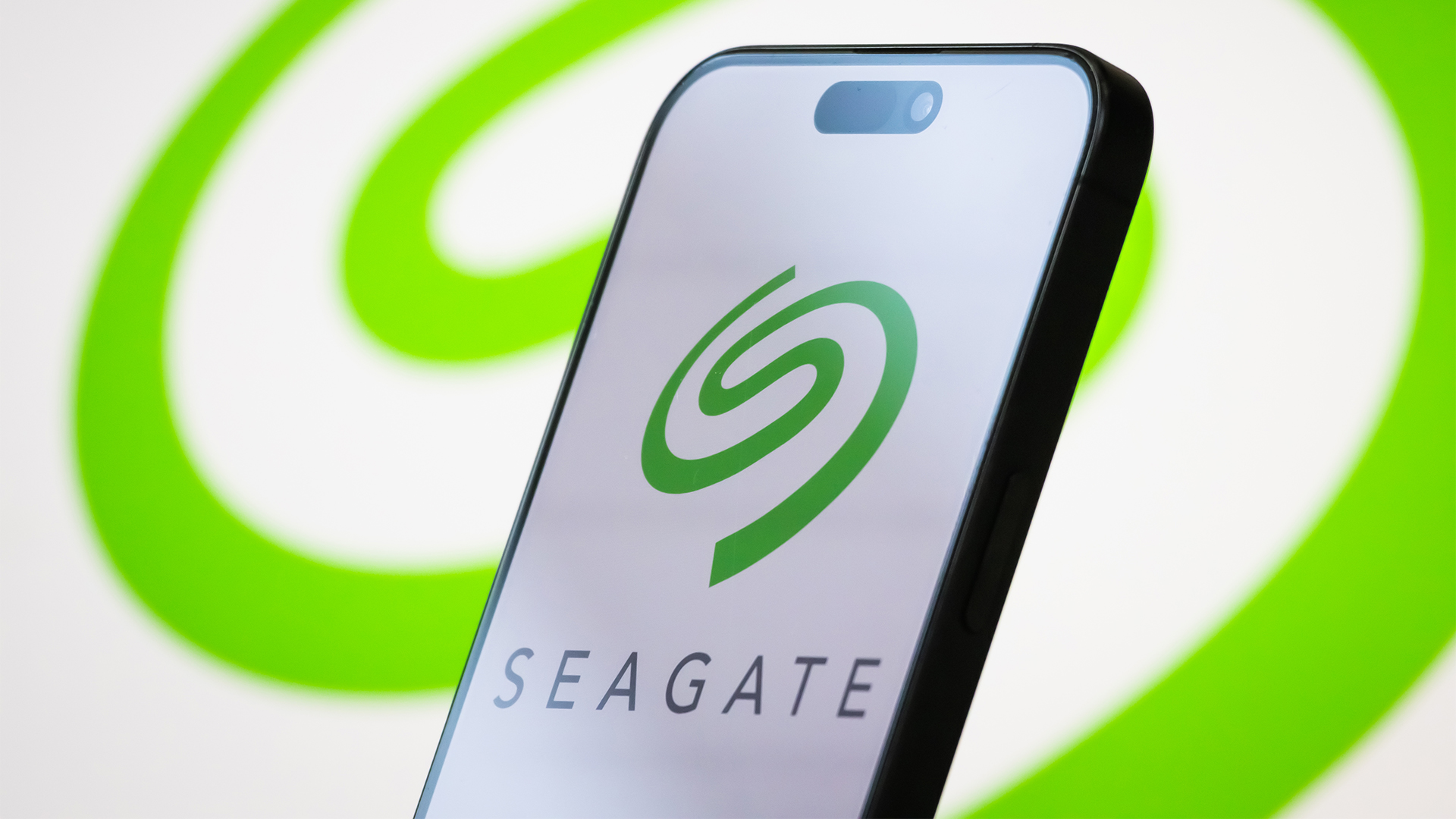 Seagate and Acronis are teaming up to drive MSP storage capabilities
Seagate and Acronis are teaming up to drive MSP storage capabilitiesNews Acronis will incorporate Seagate’s Lyve Cloud Object Storage into its archival storage offerings to help MSPs meet AI-driven data demands
-
 Work and innovate everywhere
Work and innovate everywherewhitepaper Protection across AI attack vectors
-
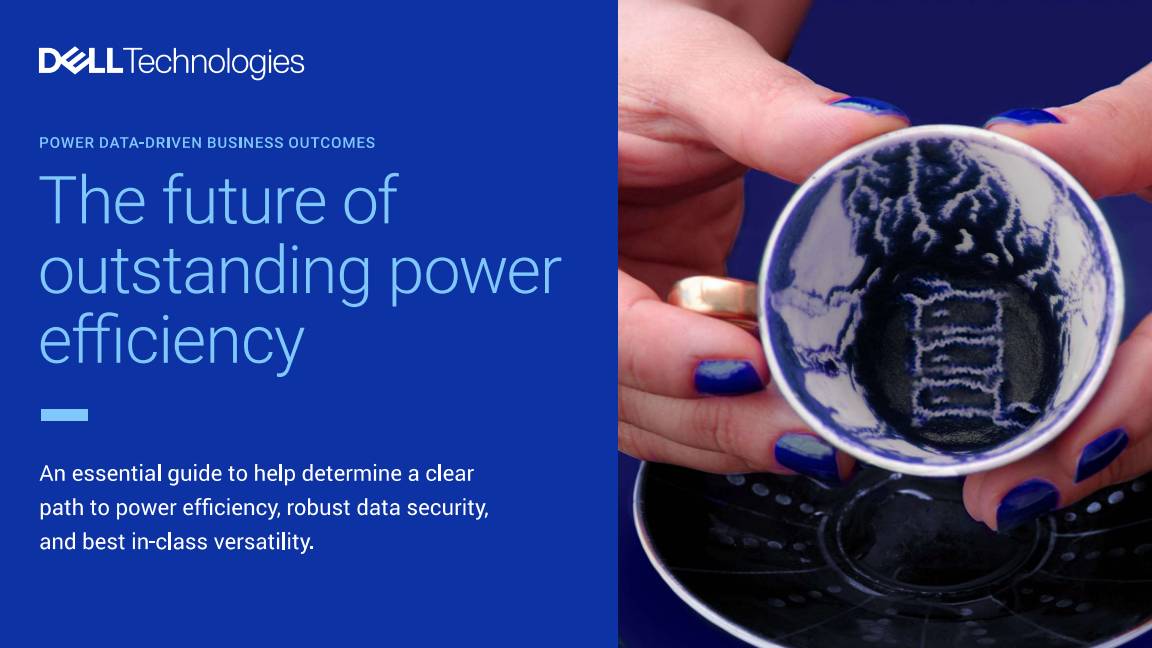 The future of outstanding power efficiency
The future of outstanding power efficiencywhitepaper An essential guide to help determine a clear path to power effiency, robust data security, and best in-class versatility
-
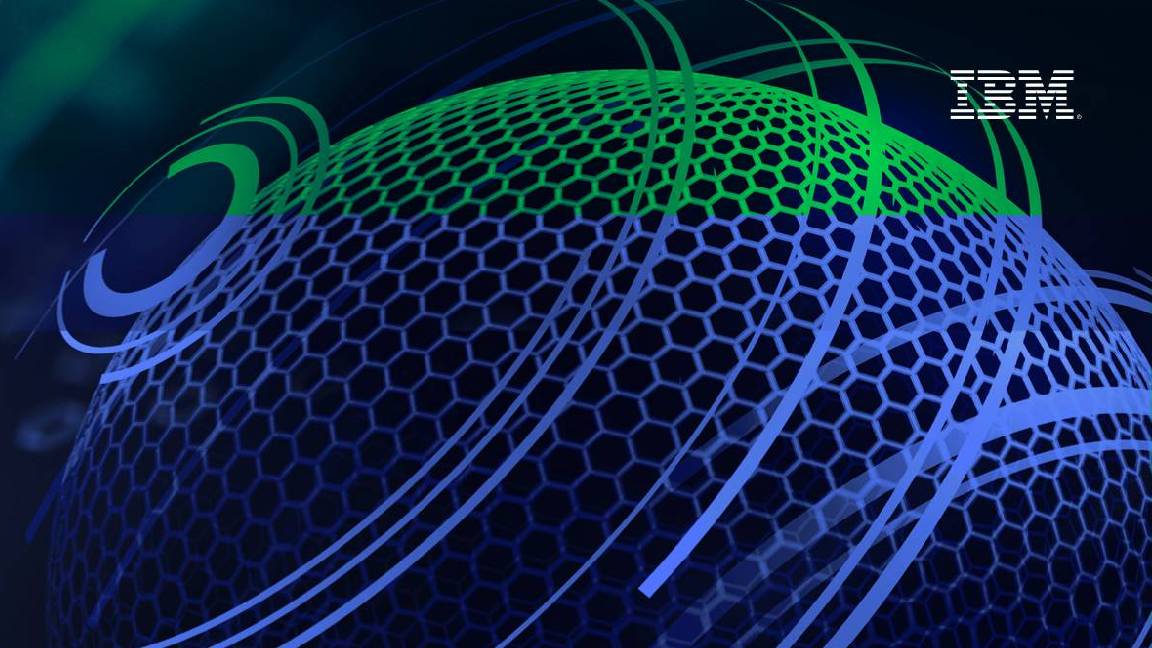 Cyber-resilient data storage for everyone
Cyber-resilient data storage for everyoneWhitepaper Improve cyber resilience and optimize performance
-
 Sustainability is more than a flash-in-the-pan topic for the data storage industry
Sustainability is more than a flash-in-the-pan topic for the data storage industryAnalysis Rising energy costs and concerns over the environmental impact of data centers are prompting a shift away from power-hungry disk drives
-
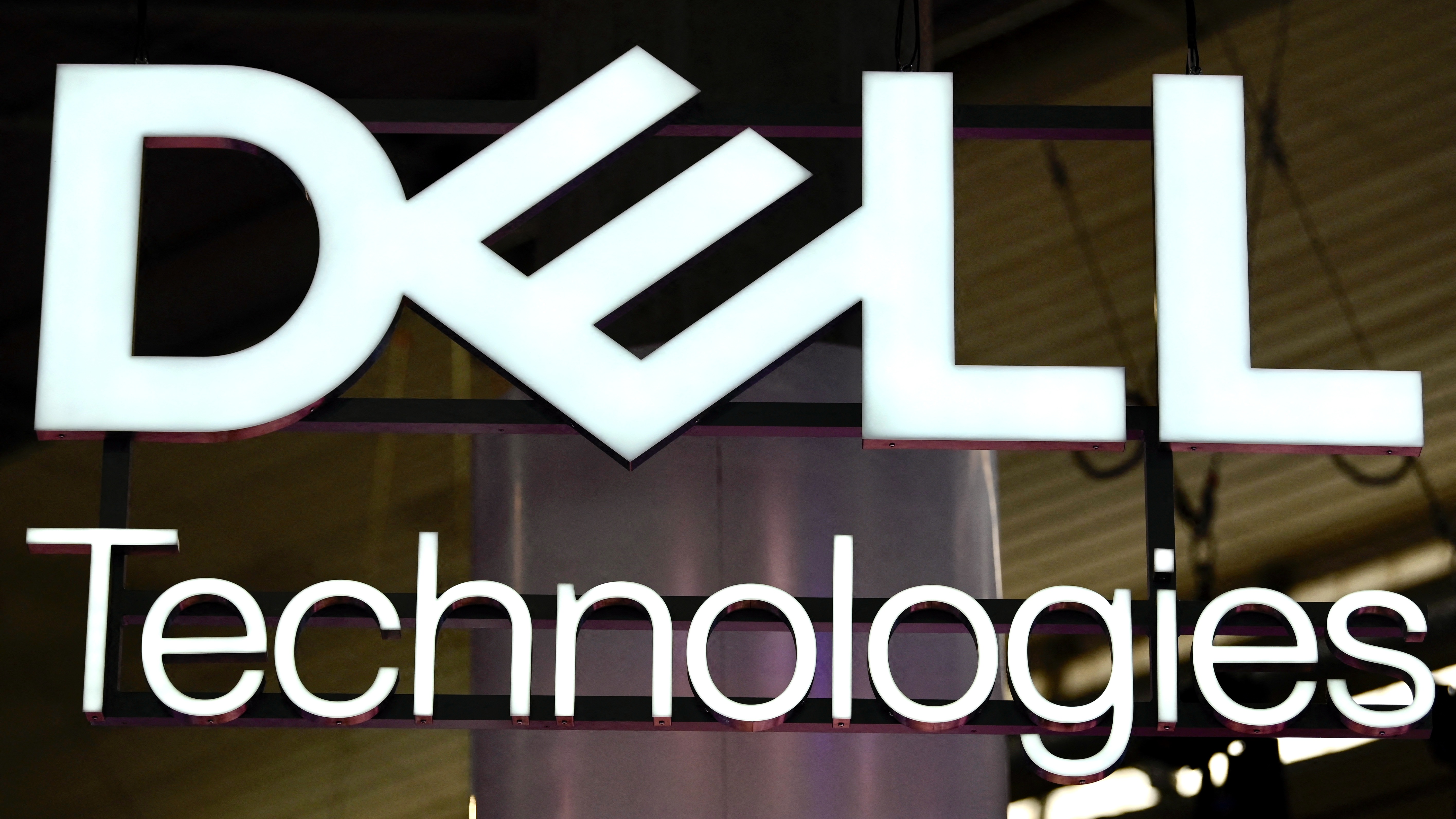 Dell Technologies World 2023: AI and storage to take center stage
Dell Technologies World 2023: AI and storage to take center stageAnalysis Energy efficiency and intelligent systems are likely to play key roles at Dell’s biggest ever annual conference